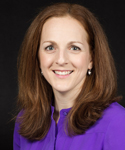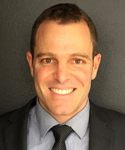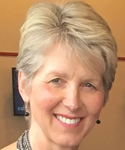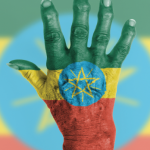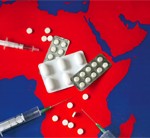Dr. Ima-Edomwonyi also reiterated the need to bring rheumatology into the national discourse in our respective countries. For example, in Nigeria and other African nations, some have advocated to get medications commonly used for rheumatology added to their national drug pharmacies. “Once we have a critical mass of people advocating to the government, that begins to create an impact in terms of being able to shift resources,” he said.
Another commentator, Laura Cappelli, MD, a rheumatologist and an assistant professor of medicine at Johns Hopkins University, Baltimore, pointed out that governments are not the only important stakeholders for improving access to care, particularly in terms of medications. “I think, [in addition to government], we should equally be working with our industry, with private partners, with non-governmental organizations to increase access to rheumatology medication worldwide,” she said.
Dr. Cappelli also explained that excess and often ineffective spending in U.S. healthcare can drive up drug prices, which can affect pricing and distribution around the world. “We have a lot to fix in our own healthcare system that could benefit our patients but also potentially … expand access to rheumatologic care abroad,” she said.
Another participant, Anthony Sammel, PhD, MBBS, a senior conjoint lecturer at the University of New South Wales, Sydney, pointed out the role of rheumatology organizations, such as the ACR and the Australian Rheumatology Association (ARA), in lobbying on behalf of patients.
Dr. Sammel speculated, “Maybe as a worldwide group we need to have a rheumatology body … which can then discuss with the big pharmaceutical companies the need for access; maybe we need to advocate as a worldwide group, and that might be able to provide some more pressure to provide better equity around the globe.”
Projects to Reduce Disparities
Several presenters shared detailed information about specific projects to help address some of these disparities and increase access to rheumatologic care worldwide.
For example, as part of the Innovative Solutions session, Helen Foster, MD, shared experiences and plans of the Paediatric Global Musculoskeletal Task Force, which she co-chairs.2,5 The task force was first set up as part of the Global Alliance for Musculoskeletal Health in 2017 and has since joined forces with the Paediatric Rheumatology European Society (PReS).
Dr. Foster spoke of the “urgent need to raise awareness about musculoskeletal conditions and the fact that many of these conditions are treatable, and that disability is often preventable with early diagnosis and prompt access to the right care.”
